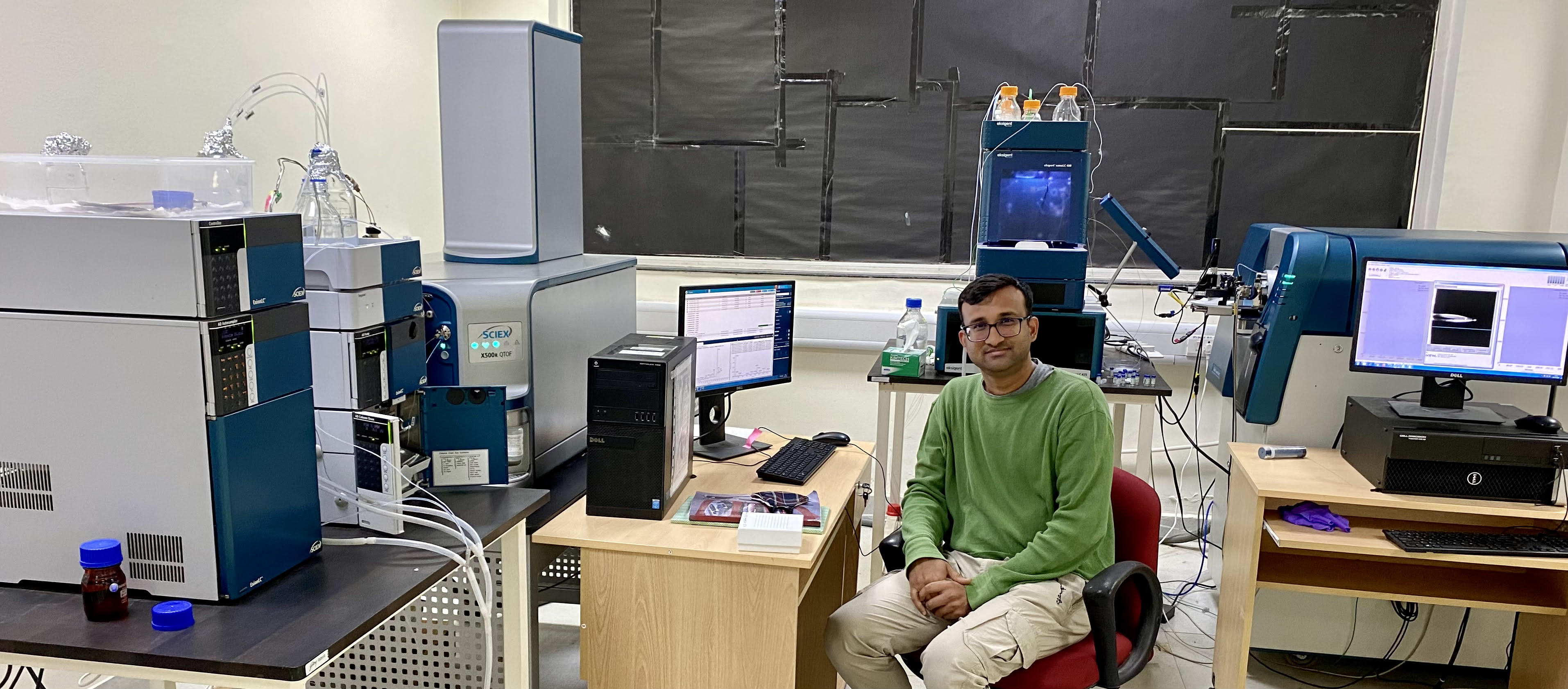Dr. Siddhesh S Kamat, Associate Professor at the Indian Institute of Science Education & Research (IISER) Pune, this year’s Swarnajayanti fellow, is working to identify and map the lipid pathways in the mammalian central nervous and immune system using advanced mass spectrometry (MS) to understand conditions like neurodegenerative diseases, immunological disorders, metabolic obesity and find solutions for them.
Over the past two decades, understanding of lipid metabolism and their signalling pathways, especially in the context of human diseases and pathophysiological conditions, has greatly benefitted from the technological advances in mass spectrometry (MS). At a molecular level, the different aspects of oxidative stress and their association to diseases have been well studied. However, there is limited understanding of the metabolic fate of oxidized lipids and enzymatic pathways that repair and reverse the damage due to oxidative stress.
Dr. Kamat, who received the Swarnajayanti Fellowship instituted by the Department of Science and Technology (DST) and his lab is especially interested in filling this gap by studying the biological mechanisms of lipid signalling pathways in mammals, particularly in the central nervous and immune system, and understanding their association to human diseases. Integrating aspects of chemical biology, biochemistry, molecular, cell biology, immunology, animal and cellular models, in conjunction with cutting edge MS-based lipidomics and proteomics techniques, they have explained the functions of previously uncharacterized enzymes and found new metabolic pathways that are involved in lipid metabolism and signaling in human and established how their deregulation leads to diseases.
These new findings have resulted in an in-depth mechanistic understanding of the pathology of diverse human conditions like neurodegenerative diseases, immunological disorders, metabolic obesity and in established fundamental biological processes.
The long-term goal of his group is to identify and understand as-of-yet uncharacterized lipid signalling pathways in vivo, elucidated their metabolic enzymes and the cognate receptors that regulate their biology. This will provide new mechanistic insights and therapeutic paradigms for emerging human neurological and immunological diseases. They have crowdsourced all their MS technologies and all its platforms, giving rise to exciting collaborations, which have enabled solving complex biological problems that would not have been possible otherwise by individual labs.
“We believe moving forward, the MS technologies that we develop and biological discoveries from this fellowship will be beneficial in further strengthening the multidisciplinary research ecosystem with the country, and will bolster chemical biology as a field in the country,” adds Dr. Kamat.
Dr. Kamat pointed out that several research groups have understood different aspects of oxidative stress and their association to diseases, at a molecular and even to an appreciable extent at a systems level. “However, our understanding of the metabolic fate of oxidized lipids, and enzymatic pathways that repair and reverse this damage during oxidative stress is limited. Oxidation of lipids has several detrimental effects like disruption in membrane curvature and membrane transport, aberrant signalling through non-specific binding to receptors and ion channels, formation of lipid rafts due to accumulation, and yet this field has remained largely unexplored as of now.”
Dr. Kamat aims to generate new knowledge and resources on the understanding of unexplored deregulated signalling pathways resulting from bioactive oxidized lipids in mammalian physiology under conditions of oxidative stress that result in numerous human diseases. Additionally, new lipidomics, proteomics and chemical genetics screening techniques and protocols designed and developed during the course of these studies will be of tremendous interest to the scientific community as well as pharmaceutical/biomedical industry.
For more details, Siddhesh S. Kamat (+91-20-25908433; siddhesh[at]iiserpune[dot]ac[dot]in) can be contacted.































